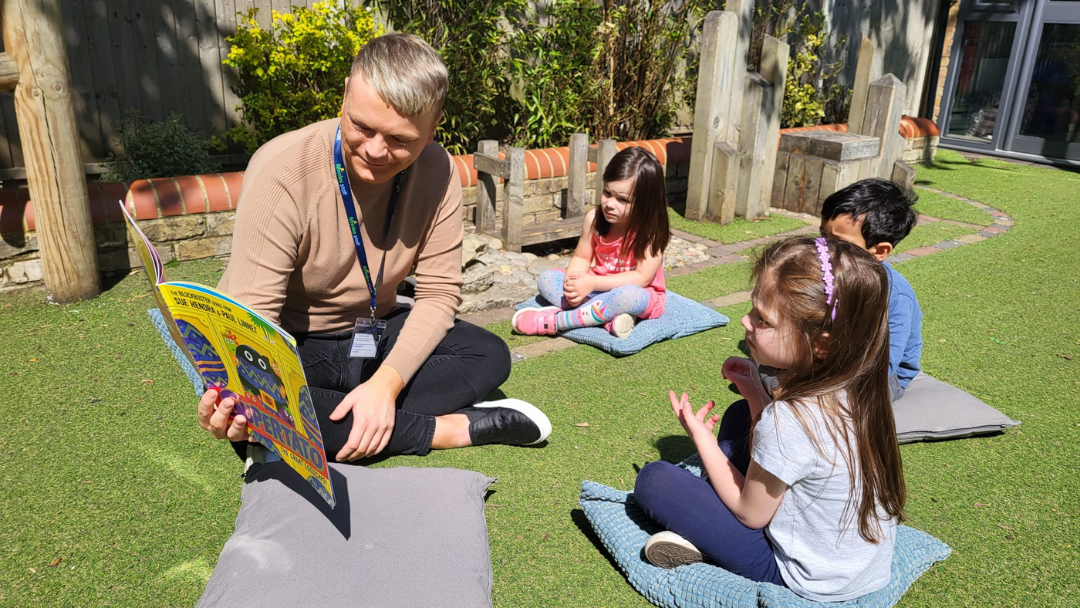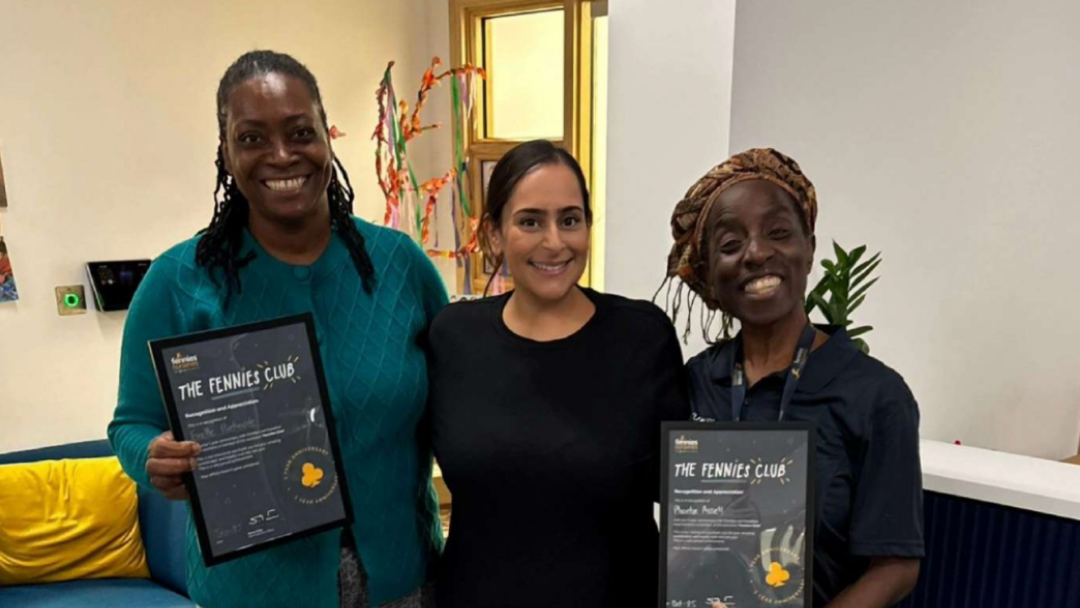Fennies are proud to be accredited by the Early Years Nutrition Partnership (EYNP) for our menus and contribution to supporting good nutrition in the early years. We are delighted to bring you regular nutrition updates and evidence-based articles written by our Registered Nutrition Professionals.
Getting the right balance of nutrients is vital for all childrens’ growth and development. So what is the impact of raising a child as a vegetarian or vegan, and how can we make sure that the food they eat is providing everything that children need?
What does it mean to be vegetarian or vegan?
With over 1 million people in the UK identifying as vegetarian, and more than 500,000 as vegan, plus 1 in 4 in the UK reporting a reduction in animal products being consumed since the start of the Covid-10 pandemic, plus the recent focus on climate change, it is clear that there is movement towards more plant-based eating. Whilst there are clear health benefits from reducing certain animal foods, and increasing plant-based foods, the nutritional impact must be considered.

A vegetarian doesn’t eat meat or fish but a vegan would avoid any product that comes from an animal, for example all dairy foods, eggs and honey. Any diet that restricts the range of foods eaten may have implications for nutritional intake so it is important to consider how to achieve the right balance of nutrients, particularly in groups of the population such as children who are growing rapidly.
What are the Important nutrients for children?
Children have specific nutritional needs, so it’s important that the food and drink that we provide contains everything they need to stay active and healthy. A varied diet for children should include plenty of:
- Energy (calories)
- Protein-rich foods
- Starchy carbohydrates
- Fruits and vegetables
- Calcium-rich foods
This wide variety of foods will ensure that a child has enough energy, protein plus vital vitamins and minerals. Following a plant-based diet may have implications for getting enough of certain nutrients including protein, calcium, iron and vitamin B12 which are all crucial for children. In addition iodine, zinc and omega 3 fats are also important nutrients to consider.
Getting the right balance with a vegetarian or vegan diet

Following a vegetarian or vegan diet means removing important nutrient sources from the diet so it is imperative that some planning goes into ensuring that any missing nutrients are replaced through other food choices. Let’s talk through those vital nutrients and where we can get them from in a plant based diet:
Protein
Animal sources of protein like meat and fish, provide us with a complete source of the building blocks of protein known as amino acids. For vegetarians and vegans, plant-based protein sources must be plentiful and varied to ensure a good range of all the essential amino acids that are required for healthy growth and development. Examples of protein foods suitable for a vegan diet are shown below:
- Nuts and seeds
- Tofu
- Beans
- Pulses e.g. chickpeas, lentils
- Tempeh
- Mycoprotein based foods
Vegetarians may also include protein-rich foods such as eggs and dairy foods in their diets.
Protein should be served on every meal occasion.
Calcium rich foods

Calcium sources tend to be from dairy foods for example milk, cheese, yoghurt, which although permitted in a vegetarian diet, are not part of a vegan diet. Calcium is extremely important for all of us, but particularly in young children as their bones and teeth are developing rapidly. If dairy foods are excluded from the diet, it is vital to incorporate other calcium enriched foods to compensate. This could include:
- Calcium enriched plant-based milk or yoghurts like soya, almond, oat (always check the label for calcium fortification)
- Pulses for example lentils
- Calcium-fortified foods such as bread, breakfast cereals
- Green leafy vegetables for example broccoli, cabbage and okra
At least three servings of calcium-enriched foods should be included every day.
Iron rich foods
Red meat is traditionally one of the main sources of iron in our diets. For vegetarians and vegans having enough iron remains vitally important, but we know that plant-based sources of iron may not be absorbed in the body as effectively as it is from animal-based foods. Ensuring there is enough iron in the diet is even more important when a plant-based diet is followed. Good plant-based sources of iron include:
- Pulses
- Wholemeal bread
- Breakfast cereals fortified with iron
- Dark green leafy vegetables e.g. watercress, broccoli and spinach
- Nuts
- Some dried fruits (consider dental health when choosing dried fruit for children)
Vitamin B12 rich foods

Vitamin B12 is important for healthy blood, and the main source in our diets is from animal sources such as meat and fish. There are limited plant based sources of B12 including; breakfast cereals fortified with B12, plant based milks fortified with B12, yeast extract for example marmite.
Other Important Nutrients
Getting a good balance of all nutrients is vital for healthy, growing children but additional nutrients to be aware of when you are following a vegetarian or vegan diet are iodine, zinc and omega 3 fats. These can be sourced from plant-based eating but make sure you include a variety of grains, nuts and seeds.

Is it okay to raise my child as a vegetarian or vegan?
Yes absolutely - it is perfectly okay to raise your child following a plant-based eating plan. The important thing to remember is that if you are removing any food group from the diet, then replacing this with nutrient rich alternatives is vital. Good planning and an understanding of which plant-based foods provide important nutrients will allow you to provide a healthy and balanced menu for your child.
Where suitable, nutrient rich, replacements cannot be incorporated then including a nutritional supplement to provide any missing nutrients may be considered. Always seek the advice of your GP, pharmacist or health visitor before introducing any supplements to your child.

What about being plant-based at Christmas time?
The good news about the rise in plant-based eating is that there has been an explosion of ideas of how to prepare delicious foods for vegetarians and vegans. The traditional turkey roast can be replaced with vegan nut roasts, vegetable and pulse wellington or a simple meat replacement with all the trimmings. Vegan baking is also on the rise so why not search for a recipe for vegan Christmas pudding, or yule log – nut butters, plant-based milks and egg substitutes mean there are plenty of options for plant-based desserts.
And in terms of Christmas treats – for vegetarian children, most traditional chocolates and sweets would be OK (check for any animal-based ingredients), and there are many vegan options now available to buy in the shops.
Why not make your own with your little helpers? Give these vegan Christmas baking recipes a go at home!
FAQ
Subscribe to our newsletter
Stay up to date with Fennies news










